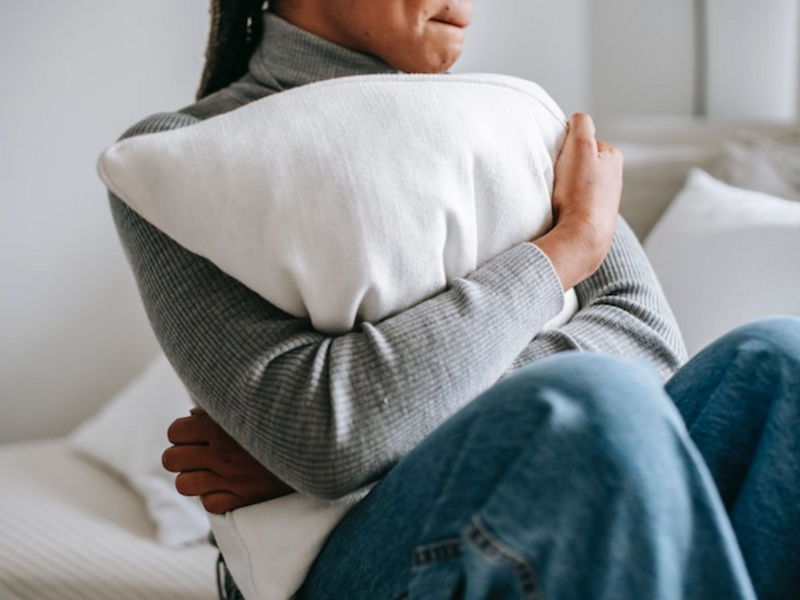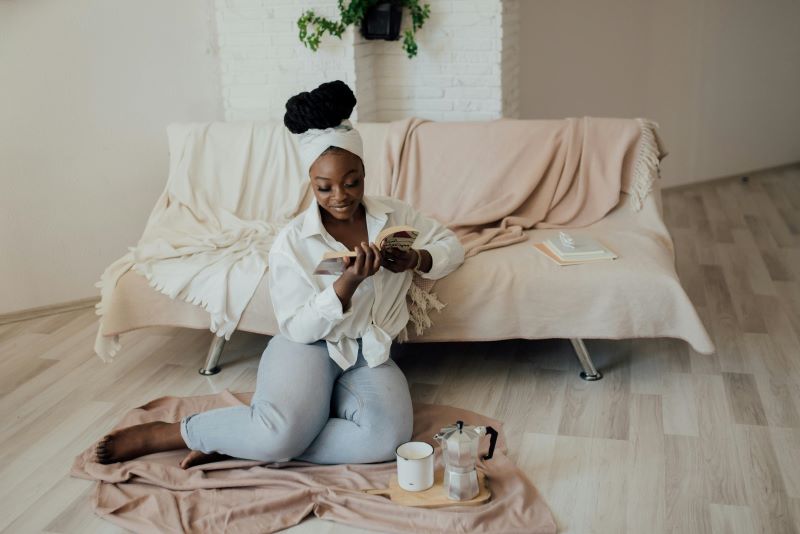Mother’s call came in at 9.55 p.m.
Iris, my youngest brother, was dead. The tumors in his brain had won.
When you have an ailing relative battling for his life in the hospital, your mind expects the worst, but your heart beats with hope. I dreaded receiving the calls from his primary caregivers, thinking them to be would-be bearers of bad news. But it was late and my hello was chirpy, I didn’t think to suspect my mother’s call. I wasn’t prepared. It hit hard. Mother ended the call when she got tired of my silence.
In the time after the news, I tried to imagine my brother as just a body, no longer living, and my mind revolted at the finality of the loss. The pain followed quickly. Alone in the bedroom, I held it in at first, but when I realized I would draw the attention of my kids and mother-in-law with my whimpers, I put my hands over my face and the whimpers became wails. I suppose the goal was to process the pain without interference.
Grieving is personal, leaving you vulnerable and emotionally unbalanced. So, when the calls started coming a few minutes after my mother’s call, it was overwhelming to speak without embarrassing myself. I took the first call and choked up so fast, I’m not so sure I was coherent. “Not a good idea to be taking calls right now”, I thought. But the calls didn’t let up. It was like everyone was trying to be the first to say, “I’m sorry, accept my condolences” or asking, “how did it happen?”. I hadn’t thought to ask my mother for the finer details of how he died. He died, that’s all.
Dr. Stacey D. Scott lists the stages of Black grief as despair, self blame, move to action, endurance, and survival. It’s interesting how she describes these stages to be influenced and compounded by social factors beyond the control of the griever. I too despaired that the odds were stacked against us – no health insurance and seeking treatment in a poor healthcare system. I feared my brother wasn’t getting the best care. The doctors still couldn’t confirm if his tumor was malignant or not before his death, in spite of countless tests and two brain surgeries.
It is often the self-blame and regret that wounds more – reconnecting with my deeply flawed brother after a few years of anger and silence, caring for his sickly body, promising to return in just two weeks and never making it back in time. Grieving is twice as hard – for what was lost and a promise never kept. I wondered if I could have saved him if I had expended more resources. The guilt, that as the big sister, I should have done more to get him better healthcare.
While a relative is ill and needing aid, the indifference of other family members and friends triggers a silent anger in grievers. After death, these people often turn up showing concern, and even taking on heavy burial expenses. For the African race, there is a driving need to give befitting burials. It’s commonplace to raise huge funds and pile up debts to hold lavish funerals. Grievers also face traditional burial demands that must be met before the dead is allowed into the ground. So, the helpless mourner seethes with anger and tries to fulfill these demands while still processing the loss.
Black people have a way of shielding the griever from reality during the initial mourning period. You are surrounded, and a support structure is quickly built to hold you. You often forget something momentous has happened to you. “Wipe your tears,” the sympathizers say. “You want to die too? What has happened, has happened.” There’s both a practicality and a lack of insight in asking mourners to be stoic and not cry. While it’s important to move on, suppressing the pain of loss is ill-advised. It is good to cry. In releasing tears, there’s some liberation, a freeing of toxic pain.
But, too much grieving can be dangerous, especially for people who live alone. It is the support found in the Black community that often saves the griever from debilitating physical distress, illness, or harmful coping mechanisms.
At some point, the visits and phone calls end, and people move on, and in that loneliness, with everyone gone, the real internal mourning begins. Surviving loss is its own form of acceptance. The regret and sadness may never entirely disappear, as there isn’t any duration for sorrowing. But, grievers can emerge from a period of raw pain – the injurious kind, to a pain carried within, a reminder of a bond.

Belinda Nzeribe is the magazines contributing writer, editor and interviewer based in Nigeria. Her work furthers a transatlantic relationship between FunTimes diaspora audience and the motherland. She began her career as a broadcast journalist, and is currently the managing editor of IkejaBird Media, an online news publication. She also runs creative writing clubs in high schools and publishes student anthologies. Her other passion is child literacy and she manages a charity working to improve reading levels of children in low-income communities. Belinda holds degrees in Theatre and Film, Public and Media Relations, and International Affairs.





